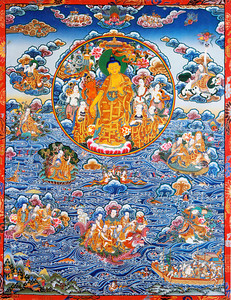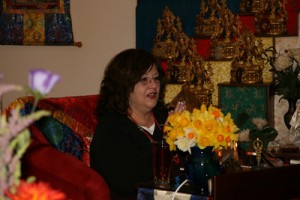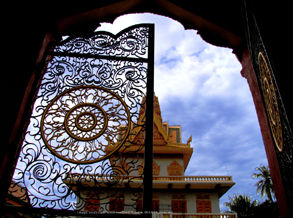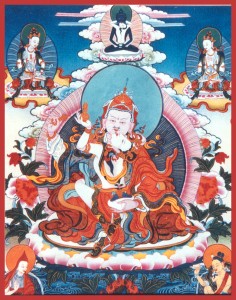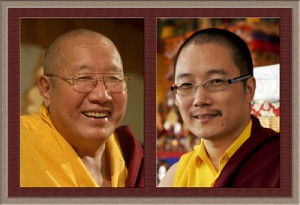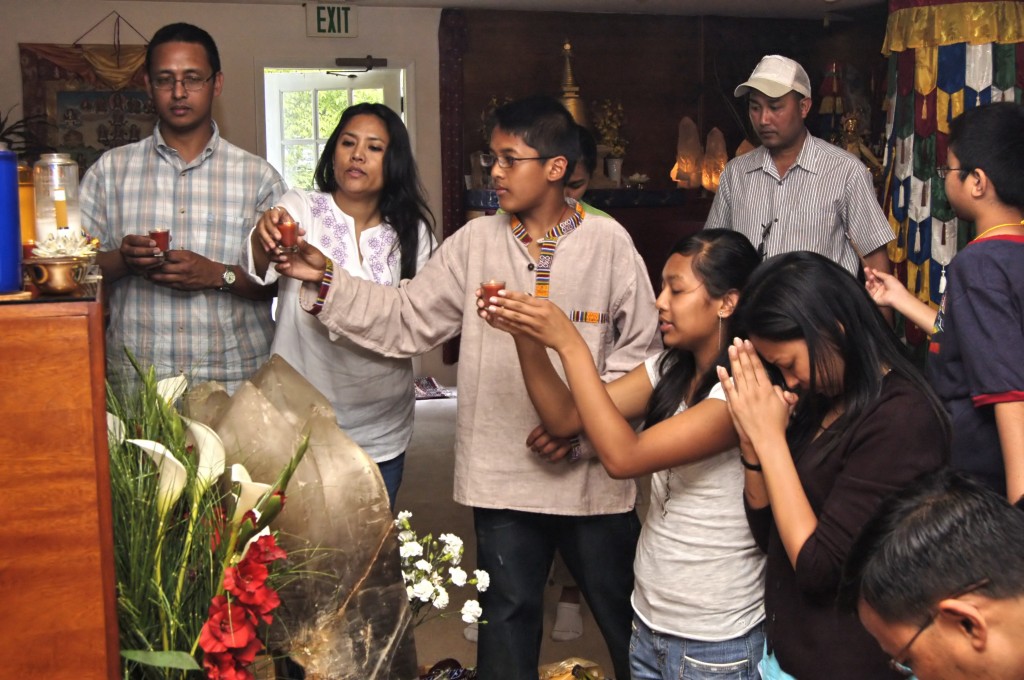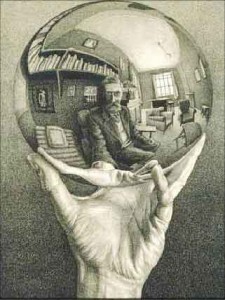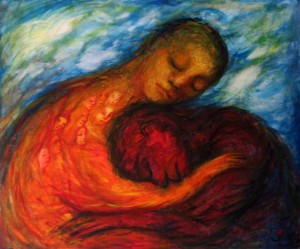Lyrics by Jetsunma Ahkon Lhamo
Fly, fly, fly little bird
Try to speak the truth that you’ve heard
Spread your wings over this dark land
Be the unusual, a loving man
You don’t have to prove yourself to me
Just learn to love and set it free
Can you remember things that I taught you?
I always taught you to be honest and true
I always loved to see the light in your eyes
And hate to see your heart so cold and dry
You get your happiness from standing on stage
To make people clap, that’s how you pray
I see another way, if you wanna know
I set my heart on the things that make me grow
I keep commitments and I keep em’ right
I will not follow into your dark night
Don’t care for fame or fortune, not like you
Care more for truth and light so that’s what I do
I don’t really wanna bring you down
And there’s enough blame to go around
My heart’s been broken, as you see
Just tryin’ to get those blues out of me
Looking forward to a brighter day
Sure do hope you’ll find your way
Fly, fly, fly little bird
Try to speak the truth you’ve heard
Spread your wings over this dark land
Be the unusual, a loving man
You don’t have to prove yourself to me
Just learn to love and set it free
©Jetsunma Ahkön Lhamo 2007

